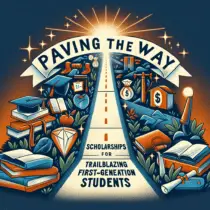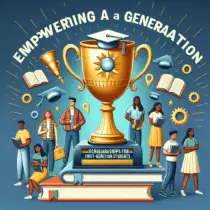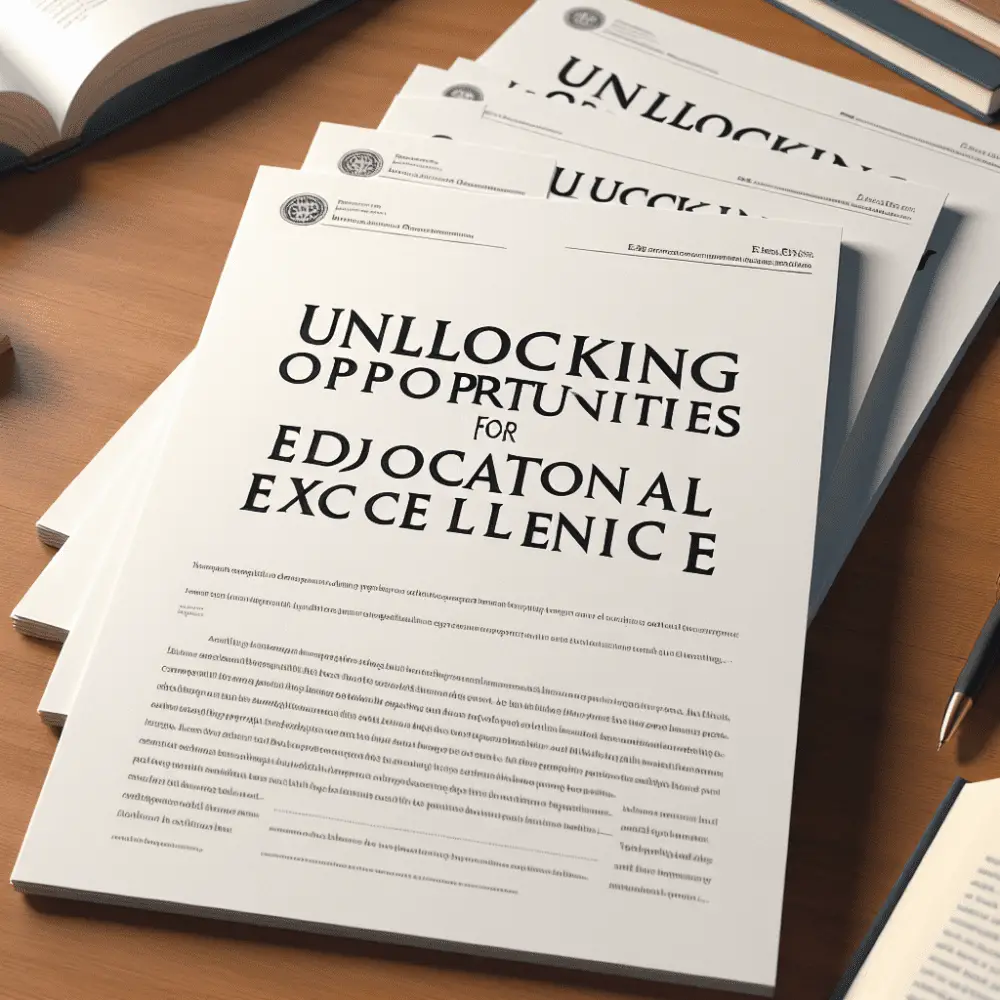Introduction
Embarking on a journey to study abroad can be an exciting and life-changing experience for international students. The United States has long been a popular destination for those seeking quality education and endless opportunities. However, the cost of tuition and living expenses can be a major concern for many aspiring students. Fortunately, scholarships offer a gateway to success by providing financial assistance to deserving individuals.
In this article, we will explore the world of scholarships for international students in the USA. From understanding the different types of scholarships available to navigating the application process, this comprehensive guide will equip you with the knowledge and tools to secure funding for your educational dreams.
Exploring Different Types of Scholarships
When it comes to scholarships, there are various types available specifically tailored to support international students studying in the USA. Familiarizing yourself with these options can help you find the right fit:
Merit-Based Scholarships
Merit-based scholarships are awarded based on academic achievements, such as GPA, standardized test scores, or exceptional talent in specific fields. These scholarships recognize outstanding accomplishments and provide financial support to deserving individuals who demonstrate exceptional academic abilities.
Need-Based Scholarships
Need-based scholarships take into consideration an individual’s financial circumstances when awarding aid. These scholarships are designed to assist those who may not have access to sufficient funds for their education. Applicants typically need to provide proof of financial need through various documentation.
Country-Specific Scholarships
Many countries offer scholarships specifically for their citizens who wish to study abroad. These scholarships are often funded by governments or educational institutions to support students in pursuing higher education in foreign countries, including the USA.
University Scholarships
Universities and colleges in the USA often provide their own scholarships to attract talented international students. These scholarships may be based on academic merit, financial need, or a combination of both. It’s important to research individual institutions to explore the scholarship opportunities they offer.
Navigating the Scholarship Application Process
Applying for scholarships can be a daunting task, but with careful planning and preparation, you can increase your chances of success:
Research and Identify Potential Scholarships
Start by researching scholarship opportunities that align with your academic goals and personal circumstances. Many universities, governments, and organizations provide comprehensive databases of available scholarships. Make a list of potential options that you qualify for.
Review Eligibility Criteria
Carefully review the eligibility criteria for each scholarship on your list. Ensure that you meet all the requirements before investing time and effort into the application process. Pay attention to any specific documents or essays that need to be submitted along with your application.

Gather Required Documents
Once you have identified the scholarships you wish to apply for, gather all necessary documents such as transcripts, test scores, letters of recommendation, and financial statements (if needed). Organize these documents in an easily accessible format so that you can refer to them when filling out applications.
Craft a Strong Personal Statement/Essay
Many scholarship applications require a personal statement or essay. This is your opportunity to showcase your accomplishments, aspirations, and unique qualities. Take the time to craft a compelling and well-written piece that highlights your strengths and makes you stand out from other applicants.
Submit Applications before Deadlines
Ensure that you submit your scholarship applications before the specified deadlines. Late submissions are generally not considered, so it’s crucial to stay organized and plan accordingly. Set reminders for yourself to avoid missing any important dates.
Frequently Asked Questions (FAQ)
1. Are scholarships available for undergraduate as well as graduate students?
Yes, scholarships are available for both undergraduate and graduate students. Many institutions offer funding opportunities at various academic levels.
2. Can international students apply for scholarships while studying in the USA?
Yes, international students can apply for scholarships while studying in the USA. Certain scholarships may have specific eligibility criteria for current international students.
3. How do I find scholarships that cover living expenses?
Some scholarships may cover living expenses in addition to tuition fees. You can search for such scholarships through university websites, scholarship databases, or by contacting the financial aid offices of educational institutions.
4. Are there any scholarship opportunities specifically for STEM fields?
Yes, there are many scholarships specifically designed to support students pursuing degrees in STEM (Science, Technology, Engineering, and Mathematics) fields. These scholarships aim to encourage excellence in these areas of study.
5. Is it necessary to have exceptional academic records to be eligible for scholarships?
While some scholarships do require exceptional academic records, there are also many scholarships that consider a range of factors beyond just grades. It’s important to explore different scholarship opportunities and find ones that align with your strengths and achievements.








